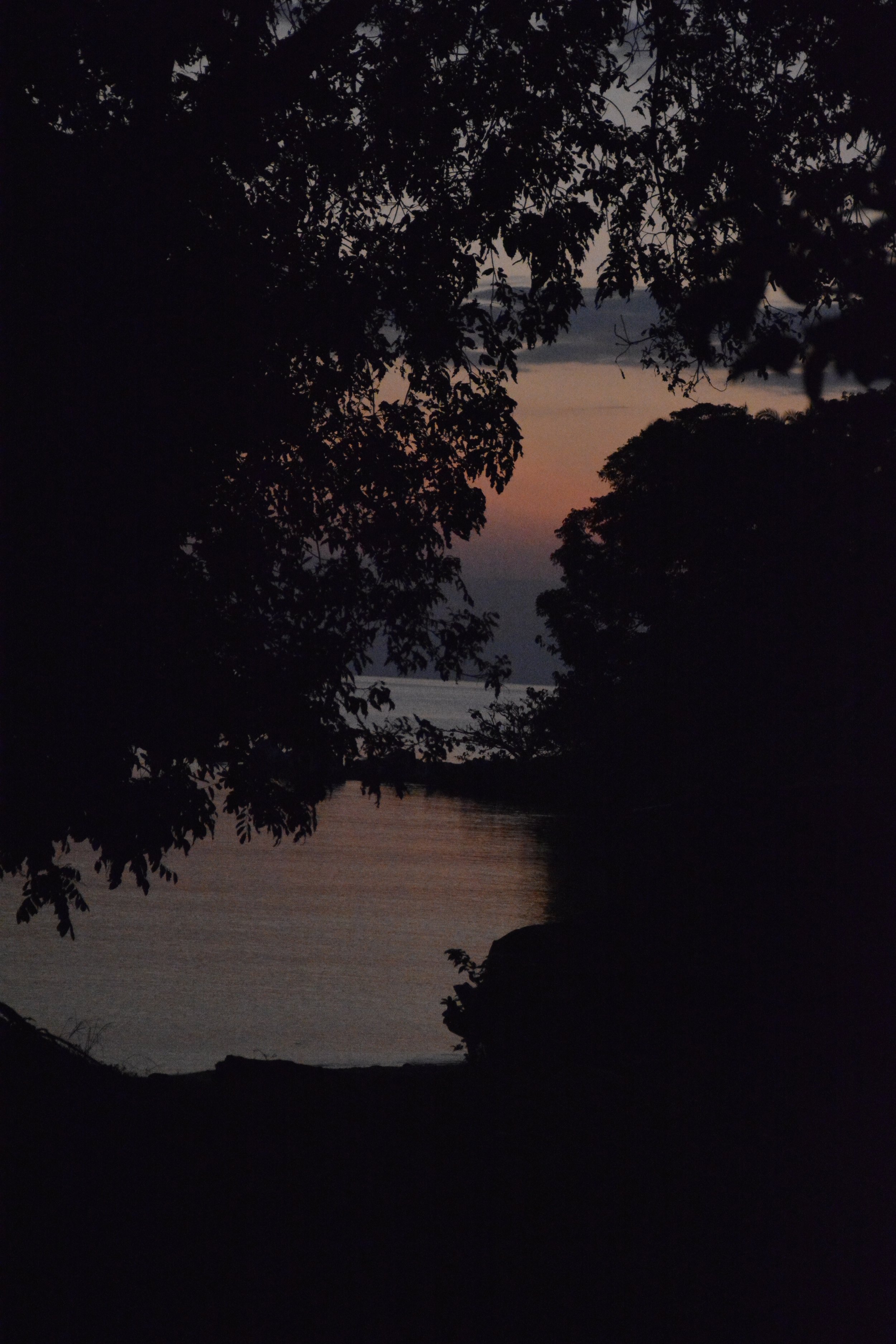Teaser for upcoming feature documentary — Rubondo: African Ark
Why this film now?
Rubondo Island National Park is an experimental, radical chimpanzee re-wilding project which differs from anything else in Africa because the chimpanzees were brought here from zoos and circuses in Europe.
The biggest surprise is that this probably unwise, certainly unscientific chimpanzee translocation has been a success for the chimpanzees.
In just over two generations the chimpanzees have adapted to live on an island that had never supported great apes of any kind, and become one of the most robust chimpanzee colonies in Africa. While the chimp population in Rubondo Island National Park has grown from 17 to perhaps 65 (or some on the island say even 100) in just over 50 years of little or no contact with humans — elsewhere in African parks, the chimpanzee populations are dropping or just holding steady.
The Rubondo chimps have many advantages though, the island has plenty of food on the trees, no predators and very little contact with humans. While elsewhere in Africa, chimpanzees in national and regional parks struggle with vicious predators (mainly big cats), human settlements encroaching on their territory, and close interaction with humans who visit the parks as tourists and can inadvertently pass diseases into the chimpanzee populations.
Rubondo’s wild-born generations of chimpanzees are actually quite unaccustomed to — seemingly downright averse to — most close human contact. The Frankfurt Zoological Society which was run by Grzimek for decades and played a large part in bringing the chimpanzees to the island in the 1960s, gave up on a decades-long habitation project in 2011.
TANAPA (Tanzanian Parks) has since embarked on their own effort to habituate the chimps to humans over the past eight years, in conjunction with the safari operator Asilia Africa which operates the one camp on the island. The idea is that this will become a destination on the East Africa safari circuit for people who are seeing big cats in the Serengeti (an hour by plane to the east of Rubondo) and gorillas in Rwanda (45 minutes by plane to the west of Rubondo).
But this so-called “natural habituation” TANAPA is attempting, is not easy. Unlike what Jane Goodall did in nearby Gombe National Park, no food or any other incentives are offered to the chimpanzees in return for them allowing humans to get relatively close to them. And as a result their progress is glacial.
30 second teaser for feature documentary, Rubondo: African Ark
I first reported on the island in 2015 for the The Wall Street Journal and it was impossible to see Rubondo’s chimps back then. Now it can be done, but only with a lot of time, a lot of trekking and a LOT of luck—we’re talking about six to eight hours of grueling trekking through thick forest for several days in row. Most visitors leave exhausted and many leave disappointed. Asilia, which is bankrolling the current habituation effort and funding the park through concession fees, is losing money and possibly patience.
Add to the mix the fact that Lake Victoria’s surrounding area has experienced explosive population growth over the past 50 years — from Kampala/Entebbe in the north to Kisumu in the east and Mwanza in the south — creating more demand for logging, fishing and natural resources as well as pollution around the lake. All of which bodes badly for the future of this pristine, wooded island park and its chimps.
This National Park’s many challenges aren’t new in East Africa. They are emblematic of the many issues confronting all African countries who struggle with growing populations and large swaths of their land preserved as game parks during colonial times. Even post-colonial governments like Tanzania’s led by Nyere felt that economic growth required concentration of populations in villages (aka “villagization”). And so as they resettled the population from their land — like the locals from Rubondo — that allowed the government to create even more safari parks for the well-heeled tourists that Grzimek and others spoke about.
Even before the Covid-19 global pandemic, tourism had not lived up to its probably unrealistic promise to support all of Tanzania’s vast park system. The wildly successful parks like Serengeti have done quite well, financially, but not well enough to support all the other smaller parks like Rubondo. And now with tourism to Africa down to a trickle, the situation is even more dire. Heightening the ongoing struggle between human needs and wildlife conservation. A poorly staffed park like Rubondo with a small anti-poaching squad was already losing its battle to keep the local fisherman out of its waters. And there is concern that the woods of Rubondo, the chimpanzee’s habitat, is next.
/Charles Runnette (Director & Producer)

“Rubondo now belongs to the animals.”

